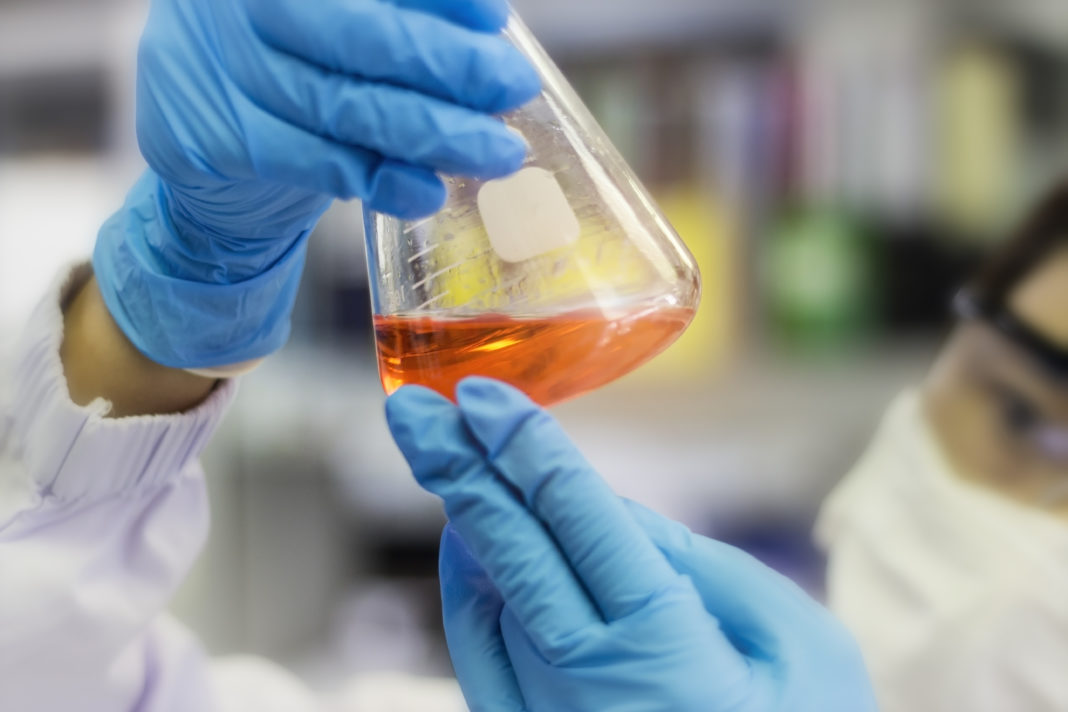Lygos, a specialty ingredient supplier, reports that it is working with the U.S. Department of Energy (DOE) Bioenergy Technologies Office’s Agile BioFoundry (ABF) to generate a large multi-omics dataset for guiding the development of organic acids. Over the course of the project, scientists will produce more than 500,000 data points from a series of experiments, according to a Lygos official. ABF is now using its artificial neural networks to train machine learning algorithms and provide actionable recommendations to help optimize strain performance, increase operational efficiencies and enhance production.
Lygos and ABF aim to demonstrate a high-throughput engineering cycle that incorporates multi-omics analysis and machine learning with rapid cycle times. The project leverages Lygos’ expertise in designing, building, and cultivating its organic acid yeast strains, as well as its malonic acid biosynthetic pathway.
The multi-omics analysis is performed at Lawrence Berkeley National Laboratory, Pacific Northwest National Laboratory, and Sandia National Labs. Scientists are applying these machine learning techniques to analyze the datasets and make predictions on how to increase malonic acid production in subsequent cycles. The teams plan on making the workflow and dataset available to the public later this year.
“The Agile BioFoundry’s objective is to develop and deploy technologies that enable commercially-relevant biomanufacturing, including using advanced machine learning methods in non-model microbes,” said Jay Fitzgerald, PhD, chief scientist at the US Department of Energy Bioenergy Technologies Office.
“Lygos is the first and only company to demonstrate the production of a bio-based analog of malonic acid that provides identical performance without the incumbent toxic production process,” claimed Eric Steen, PhD, CEO of Lygos. “This project with the ABF is another validation of our commitment to leveraging the latest advances in high-throughput analytics and data science. The combination of this multi-omics dataset and these new machine learning capabilities will help unlock new opportunities to further improve the performance and production of our safe and sustainable organic acids and health and wellness ingredients.”


